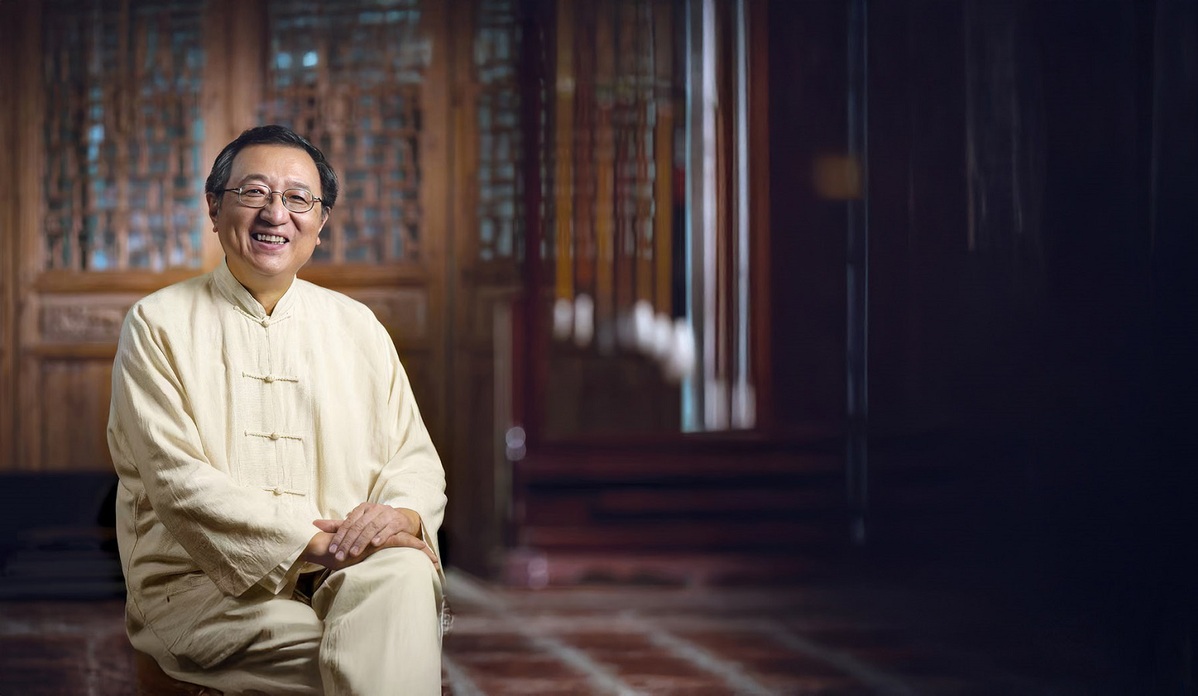Missing puzzle in cultural melting pot
Hong Kong has a duty to make its younger generation more aware of their roots, and better understand time-honored Chinese culture in line with the city's reputation as an East-meets-West exchange hub. Luo Weiteng reports from Hong Kong.


A thousand years ago, Zhang Zai — a great thinker and educator of the Northern Song Dynasty (960-1127) — set in motion the grand pursuit and noble ambition of Chinese intellectuals through the ages — "ordaining conscience for heaven and earth; securing life and fortune for the people; continuing lost teachings for past sages; and establishing peace for all future generations".
The famous quote, widely known as the "Four Sentences of Heng Qu", has been passed down through the generations as one of the greatest totems honoring China's magnificent traditional culture.
Such a lofty goal, however, is a critically missing piece in Hong Kong's youth education puzzle, with too many lessons to learn from the nation's past, present and future to make up, says Cheng Pei-kai, chairman of the Hong Kong branch of the Chinese Folk Literature and Art Association.
It also points the way to the future for the city to become a genuinely earnest promoter of China's time-honored cultures and traditions, as well as a cultural exchange hub of global significance, he tells China Daily.
For years, Hong Kong's long-cherished status as a city with the best of both worlds has been very much on everyone's lips, making it a natural fit for an East-meets-West center for international cultural exchange.
The much-coveted title, outlined in the 14th Five-Year Plan (2021-25) and thrust into the limelight in Hong Kong's 2021 Policy Address and beyond, has far-reaching significance for the sustainable development of the country's long-lasting culture and history that many are yet to fully realize, says Cheng.
Having seen no shortage of people who see it as merely a mission assigned by the central government that Hong Kong needs to carry out diligently, Cheng believes "a civil servant's mentality of doing whatever instructed from above", while not wrong, could hardly take the city's zestful role in cultural exchange that far.
Behind the metropolis' uneven melding of Eastern and Western influences, he says Hong Kong must go the extra mile to enhance its limited recognition and nurture deeper appreciation of Chinese culture — a weak link in the multicultural city's undertakings.
"Without a better understanding of where the nation came from and what it has achieved, integration is no more than empty talk, let alone giving full play to the world city's impeccable strength as a cultural melting pot over the past century," says Cheng, who chaired Hong Kong's Intangible Cultural Heritage Advisory Committee from 2017 to 2020.
A dazzling array of initiatives, including the creation of the Chinese Culture Promotion Office in March and the inaugural Chinese Culture Festival held from June to September — an expansion of the city's signature event, the Chinese Opera Festival that concluded its 12th edition this year — has "set Hong Kong in the right direction".
On top of the long-term initiatives that cannot be implemented immediately, the education sector should rethink how to integrate the essence of both cultures and impart something enduring rather than cater to the profit-chasing ethos of society, Cheng reckons.
"In a broader sense, education is all about inspiring young people to pursue meaningful goals and cultivate them along with lifelong aspirations," he stresses. "This is what shines the long overdue spotlight on the best of China's fine traditional culture."
Even since Hong Kong's reunification with the motherland, Chinese history teaching has still been pushed into the back seat in the name of "internationalizing" its education — an approach that Cheng describes as "short-termism" to get the special administrative region closer to global communities.
In his view, the so-called global push has often been confined to Anglo-American culture and language, with little care for the SAR's native roots, making the city a "blind follower known for a peculiar lack of cultural confidence".
Armed with a pure commitment to giving profound and extensive Chinese culture resonance and reach among young people, Cheng moved to Hong Kong in 1998, setting up the Chinese Civilisation Centre at City University of Hong Kong and becoming its founding director.
























